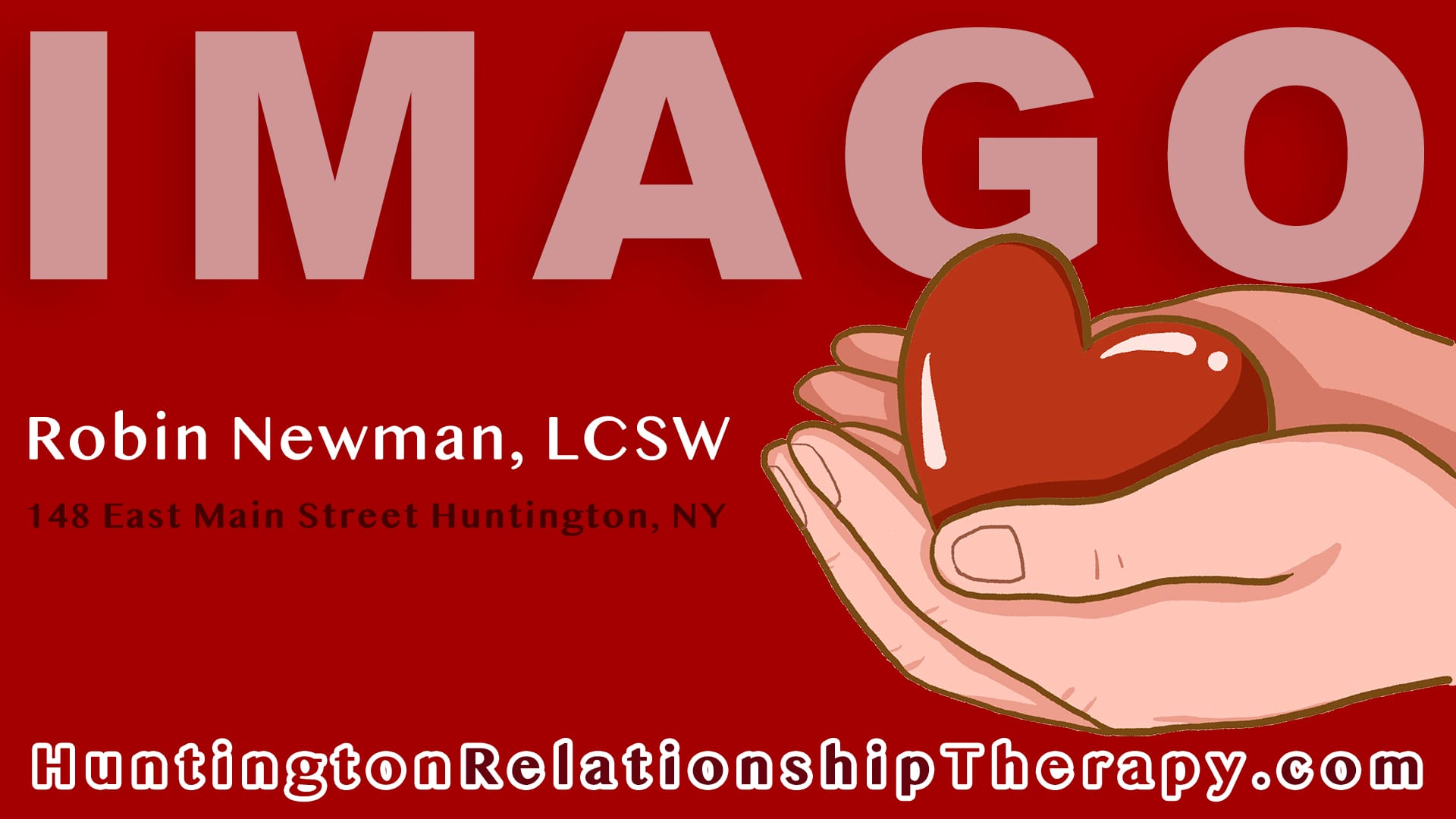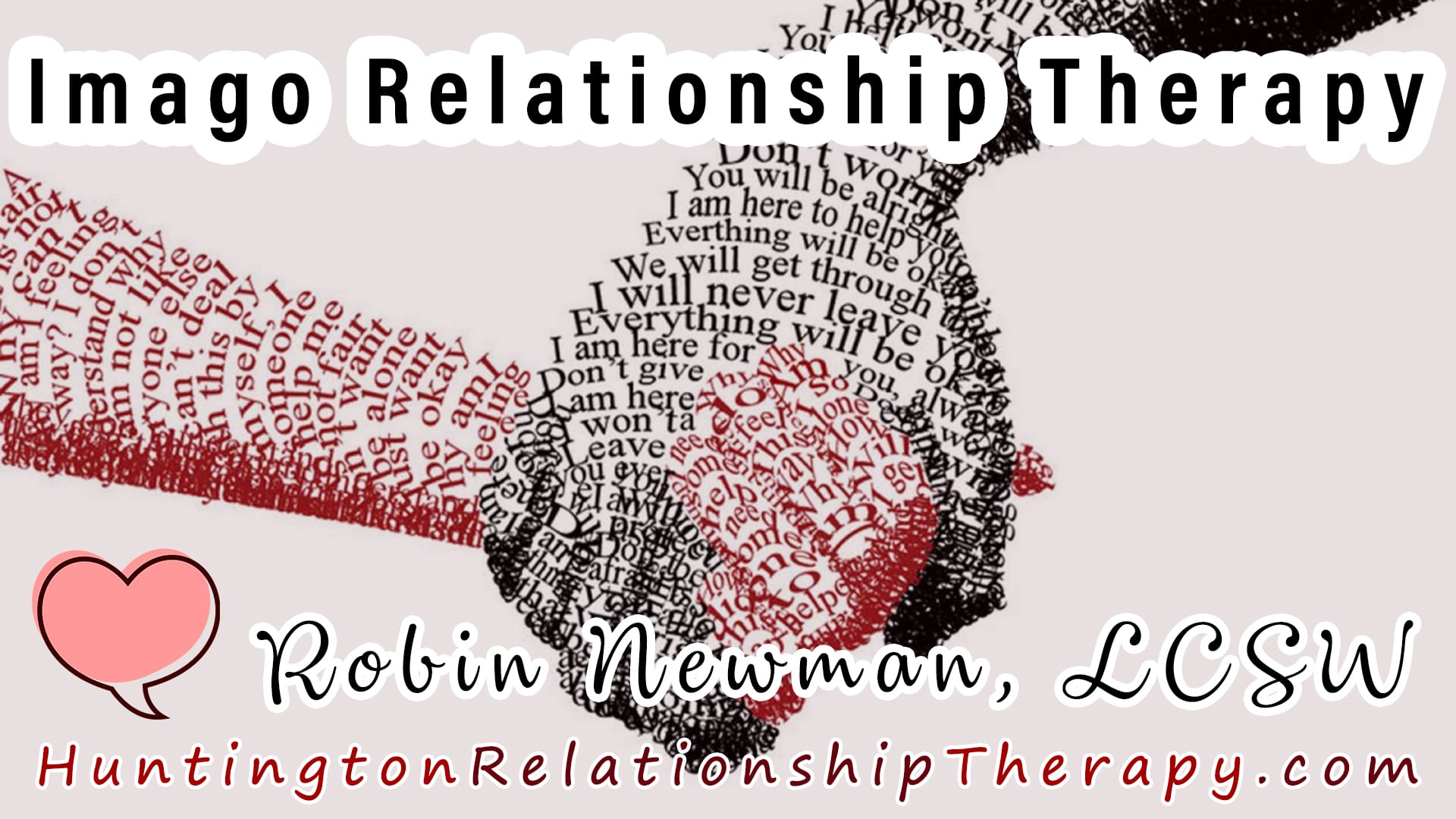Emotional validation is the process of acknowledging, accepting, and understanding another person’s feelings, even if you don’t agree with their perspective or the cause of their emotions. It’s about recognizing that their emotions are genuine and valid, rather than dismissing, minimizing, or judging them.
Key aspects of emotional validation:
Acknowledgment: Recognize the person’s emotions and show that you’re actively listening.
Acceptance: Accept their emotions as valid, without judgment or criticism.
Understanding: Try to understand the underlying reasons for their emotions, even if you don’t agree with their perspective.
Empathy: Show compassion and empathy towards the person, letting them know that you care about their feelings.
Benefits:
Builds trust: Validation helps establish trust and strengthens relationships.
Reduces conflict: Validating emotions can diffuse tension and prevent conflicts from escalating.
Improves communication: Validation promotes open and honest communication.
Enhances emotional well-being: Validation can help individuals feel heard, understood, and supported, leading to improved emotional well-being.
Examples:
“I can see why you’d feel that way.”
“That sounds really tough. I’m here for you.”
“I’m so sorry you’re feeling that way. That sounds really painful.”
“I understand you’re upset. Can you tell me more about what’s bothering you?”
By practicing this, you can create a safe and supportive environment for others to express themselves, leading to deeper connections and more meaningful relationships.




